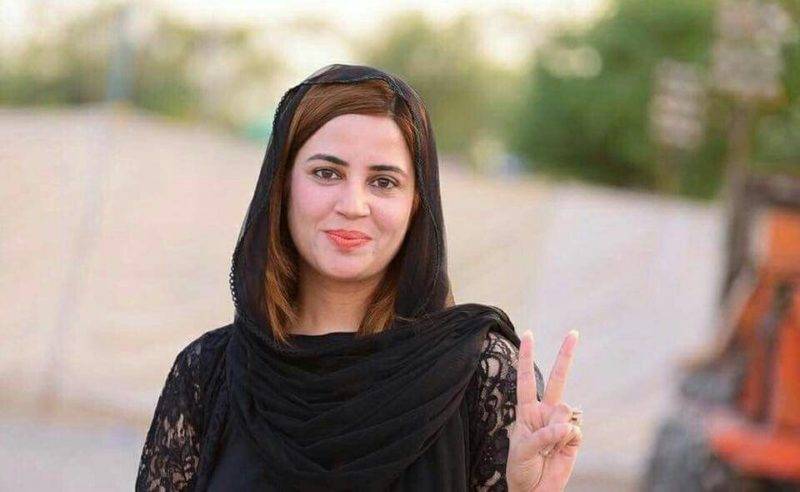
Minister of State for Climate Change Zartaj Gul has said that the deadly coronavirus benefitted her ministry as the countrywide lockdown improved the Air Quality Index (AQI) of Pakistan.
While addressing the floor of the House, she said: “Following the lockdown imposed to counter the spread of coronavirus, air pollution reduced greatly as the industries were closed and use of transportation was quite mere.”
The minister said that according to a recent survey, Pakistan’s carbon emissions has been decreased by 6 percent. “I hope that coronavirus lockdown SOPs will be followed for next five years. The AQI of Lahore, Islamabad, and Karachi has enhance to a great extent. The virus has benefitted my ministry,” she added.
During the countrywide lockdown in April, the AQI level of Karachi dropped from 117 to 69, Lahore from 195 to 51, Islamabad from 167 to 167 Peshawar from 194 to 87.
According to the World Health Organisation (WHO), nine out of ten people now breathe polluted air, which annually kills seven million people. The deaths, in turn, cost the global economy billions of dollars in lost labour.
Data compiled by the Global Alliance on Health and Pollution (GAHP) shows that in Pakistan, an estimated 128,000 people die each year from diseases related to air pollution.
In December 2018, Lahore, Islamabad and Karachi had AQI levels of 336 (Hazardous), 159 (Unhealthy) and 141 (Unhealthy), proving to be an extremely harmful end for the year.
While addressing the floor of the House, she said: “Following the lockdown imposed to counter the spread of coronavirus, air pollution reduced greatly as the industries were closed and use of transportation was quite mere.”
The minister said that according to a recent survey, Pakistan’s carbon emissions has been decreased by 6 percent. “I hope that coronavirus lockdown SOPs will be followed for next five years. The AQI of Lahore, Islamabad, and Karachi has enhance to a great extent. The virus has benefitted my ministry,” she added.
During the countrywide lockdown in April, the AQI level of Karachi dropped from 117 to 69, Lahore from 195 to 51, Islamabad from 167 to 167 Peshawar from 194 to 87.
According to the World Health Organisation (WHO), nine out of ten people now breathe polluted air, which annually kills seven million people. The deaths, in turn, cost the global economy billions of dollars in lost labour.
Data compiled by the Global Alliance on Health and Pollution (GAHP) shows that in Pakistan, an estimated 128,000 people die each year from diseases related to air pollution.
In December 2018, Lahore, Islamabad and Karachi had AQI levels of 336 (Hazardous), 159 (Unhealthy) and 141 (Unhealthy), proving to be an extremely harmful end for the year.
